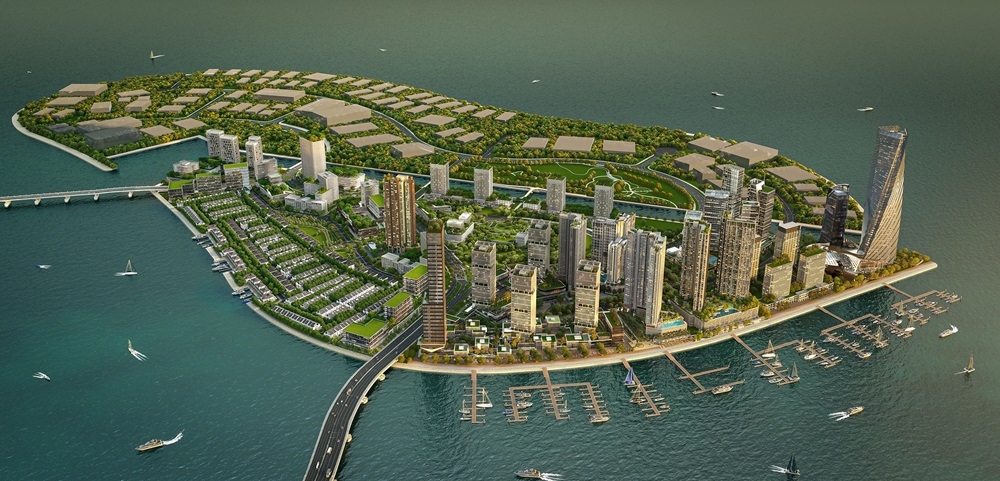Nigeria, Africa’s most populous nation, has been embroiled in a wave of protests that have left many wondering what sparked the flames of discontent. The recent demonstrations have brought together a diverse coalition of Nigerians from all walks of life, united in their frustration with the government’s handling of the economy and its policies. According to a report by the Nigerian Bureau of Statistics, the country’s inflation rate has soared to a 17-year high, leaving many Nigerians struggling to make ends meet (NBS, 2023).
But beneath the surface of this uprising lies a complex web of issues that have been simmering for years. As the situation continues to unfold, many are seeking clarity on the protesters’ core demands and debating the government’s response to the legitimate concerns of its citizens, whom it was elected to represent and serve. The immediate cause of the protests was the government’s decision to remove fuel subsidies, leading to a sharp increase in fuel prices.
This move was part of a broader effort to implement economic reforms and reduce the country’s reliance on oil exports. However, the timing and manner of the policy’s implementation were widely criticized, with many arguing that it would disproportionately affect already vulnerable populations. They are allegations that the protests are inorganic and sponsored by the government enemies for regime change but I believe that these claims are unfounded and divisive.
.


















